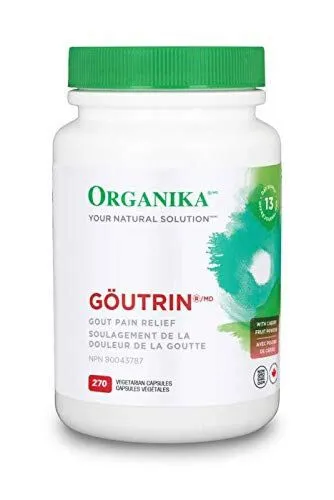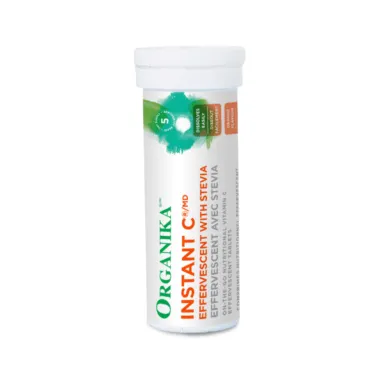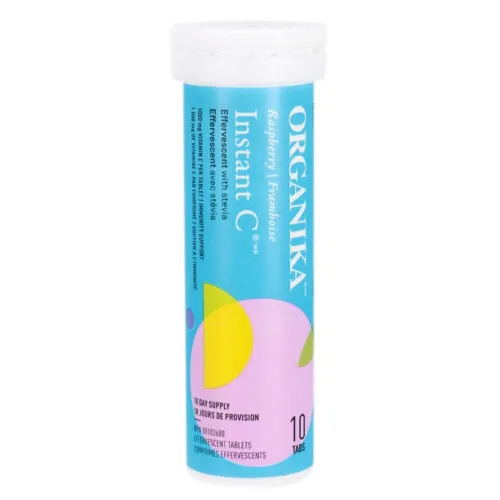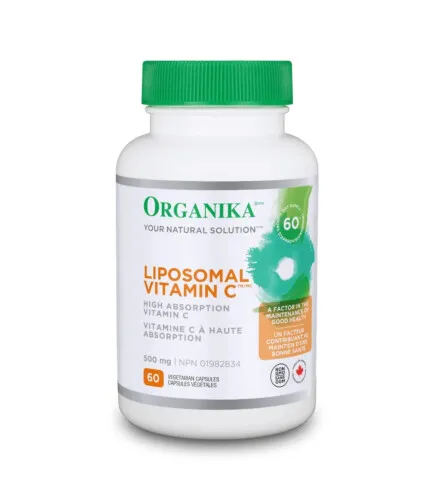Q: Who is most susceptible to gout?
A: Gout is most common in men, though women after menopause are also susceptible. Contributing factors include hypertension, cardiovascular disease and obesity. It can also have a genetic component, so if others in your family have gout, your chances may be higher.
Q: What can contribute to a gout flare-up?
A: Flare-ups of gout can be triggered by stressful events, alcohol or drugs, or cold weather.
Q: What about dietary choices?
A: Uric acid comes from the breakdown of a substance called purine. Purines naturally occur in the body, and are also found in some foods in our diet. These include meat, poultry, and seafood. Here’s a more specific list of high-purine foods:
- Anchovies
- Beef kidneys
- Grains
- Game meats
- Gravy
- Herring
- Liver
- Mackerel
- Sardines
- Scallops
- Sweetbreads
Decreasing these foods in your diet may have a small impact on your uric acid levels.Though asparagus, dried beans and peas, and mushrooms are high in purines, research has shown they do not impact blood oxalic acid levels, therefore do not contribute to gout.
Q: What can I do to decrease my chances of getting gout or having a recurrence?
A: If gout runs in your family, or to decrease your risks of occurence, drink plenty of water (a minimum of two litres), achieve an ideal body weight, and avoid alcohol. Alcohol interferes with the natural removal of uric acid through the kidneys. Switch to water to dilute wastes like uric acids being flushed through the kidneys and out via urine.








